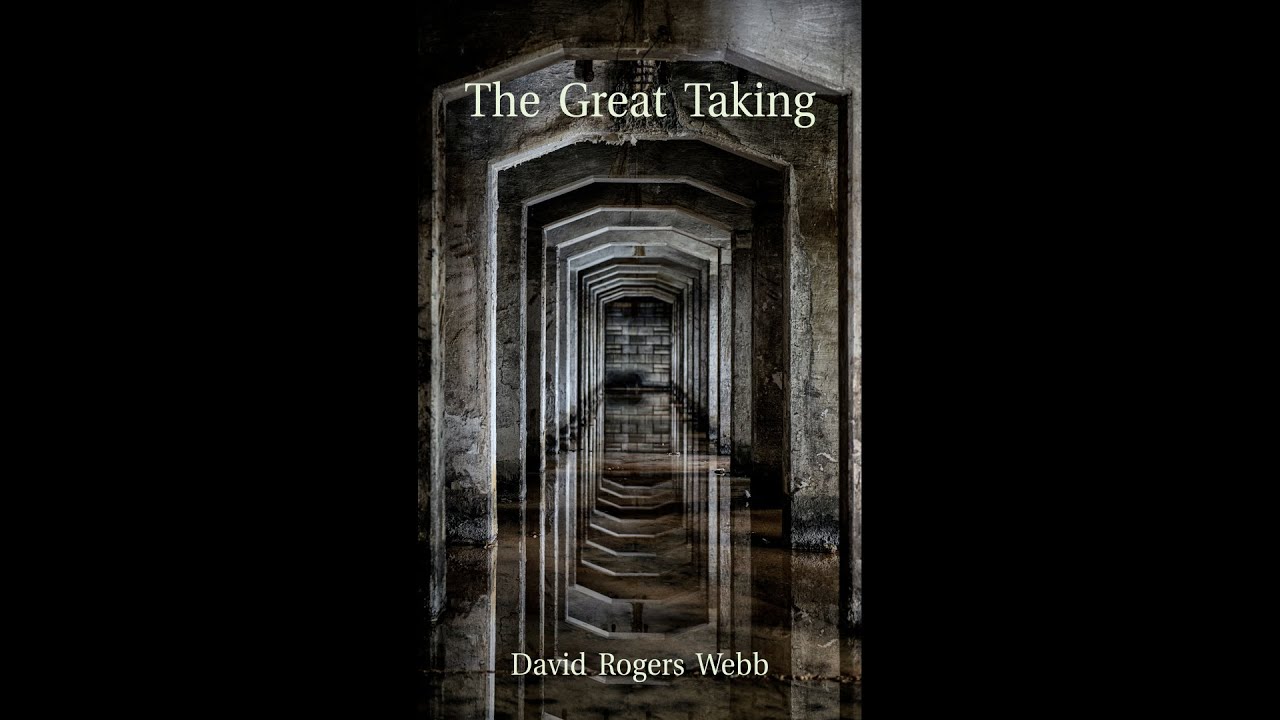By law, US and European citizens do not own securities.
We do not own our stocks, bonds, shares in mutual funds, notes, CDs, and ETFs
When you buy shares through a broker or other intermediary, you don’t directly own the underlying physical shares . Instead, you acquire a security entitlement, which is a legal claim against the intermediary to hold and manage those shares on your behalf.
The problem is, recent law allows the custodians like BlackRock and central banks to use your securities as collateral against their other financial products. And in the case of market failures, which are certain because they are engineered, the custodians must (by law) give your securities to the clients who bought the failed financial products. And these clients are the custodians and central banks themselves.
The bankruptcy of Lehman Brothers was used to establish case law precedent that the “protected class” of secured creditors ( the central banks - J.P. Morgan in that case) have an absolute priority claim to client assets, and that, potentially and practically, only they will end up with the assets
So after enough Bitcoin has been purchased on behalf of pension funds, institutional investors, and individuals there is powerful incentive to engineer a controlled demolition of the collateralized products so that the central banks can legally sweep up all the ETF Bitcoin and all other securities which are used as collateral (practically every security).
This is the mechanism which will likely be used to direct all wealth locked up in securities (practically everything) to the central banks to force CBDCs upon the world. The system is now in place and has been fully tested. The trap is set for the next financial collapse.
Self-custody of commodities outside the control of the central banks might be prudent at this time.
It would seem that ADA holders are well positioned to survive and thrive during the event.
A documentary called The Great Taking discusses the issue.
The PDF file of the book “The Great Taking” is found at the link below:
https://thegreattaking.com/read-online-or-download
The audio book “The Great Taking” is found at the link below.
An interview with the author, David Rogers Webb, is found at the link below:
Below is a link to a conversation with Bard (google’s ai) which seems to indicate what the author says in his book is true.









![All Wars Are Bankers Wars [English subtitles]](https://us1.discourse-cdn.com/flex023/uploads/cardano/original/3X/0/f/0f0ed6a3a48f3ebf29657a1501108107afcc50b1.jpeg)

